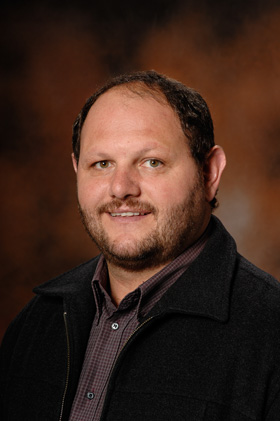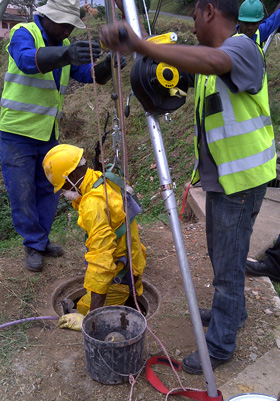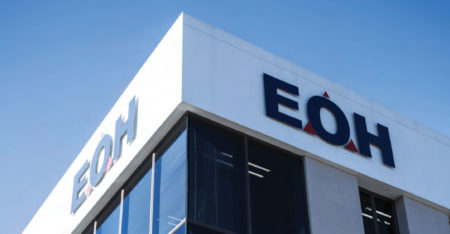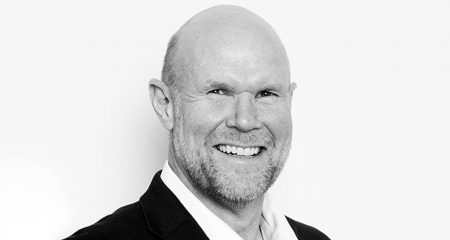
Open-access fibre-optic telecommunications infrastructure provider Link Africa, formerly known as i3 Africa, has revealed that it expects to begin rolling out high-speed fibre-to-the-home (FTTH) connections starting in 2013.
The company, which has bought the patents in South Africa for a proprietary technology for deploying fibre-optic links through municipal sewer systems, must still decide which city it will start in, but CEO Rikus Matthyser says it will probably be Johannesburg, Durban or Cape Town.
He believes the average cost of building a fibre tail into homes can be reduced to less than R7 000 using the sewer technology. That’s down from about R17 000/home using more traditional methods, he says. “If we are able to reduce the cost to the home by 60%, then FTTH becomes economically feasible.”
Triple-play services — offering consumers voice, broadband and video — will be key to the success of any FTTH project, Matthyser says.
Contrary to conventional wisdom, MultiChoice, which owns DStv, has not locked up the world’s English-speaking programming, which means there is ample content available to launch alternative media offerings, he adds.
“There are more than 6 000 English-speaking channels worldwide. We have access to maybe 40 in this country. There will be an opportunity for triple-play providers when the cost of FTTH comes down.”
However, he says Link Africa has no plans to play in that market, and will simply lease capacity to companies that are interested in providing media, broadband and other services over its infrastructure.
Meanwhile, TechCentral can reveal that Link Africa has secured approval from the City of Tshwane to run fibre infrastructure through Pretoria’s sewer systems and plans to deploy 2 000km of fibre across the city in the next five years.

Matthyser says the Pretoria project will form a backbone from which fibre to the premises, including FTTH, will be provided.
The company also has Port Elizabeth, Pietermaritzburg and Bloemfontein on its radar. “We are focusing on 24 municipal areas in total,” Matthyser says. “We aim to be operational within the next three years in all of them.”
Gauteng will become the core of the company’s focus, however, given that the province represents about 60% of South Africa’s economic activity.
Link Africa has already built 300km of fibre in Durban and will expand this by a further 1 000km in 2013. In all of its builds, it uses a combination of traditional trenching and deployment in the sewers. A minimum of 50% of its network will be built in the sewers – it’s cheaper, faster and less disruptive, Matthyser says.
In 2012, Link Africa focused on building fibre infrastructure to base stations owned by MTN to support the mobile operator’s wireless broadband roll-out. Matthyser hopes to supply connections to other operators, too.
The company’s shareholders include the National Empowerment Fund and a range of individual investors, including former Broadband Infraco directors Andrew Mthembu and Cornelis Groesbeek — both of whom are now intimately involved in the multibillion-rand Brics undersea cable project — as well as Durban-based entrepreneur Willy Govender.
Matthyser, who was once a top executive at Telkom, says the management profile at Link Africa has “changed dramatically” in 2012 to incorporate industry veterans with “substantial subject matter expertise”. — (c) 2012 NewsCentral Media




